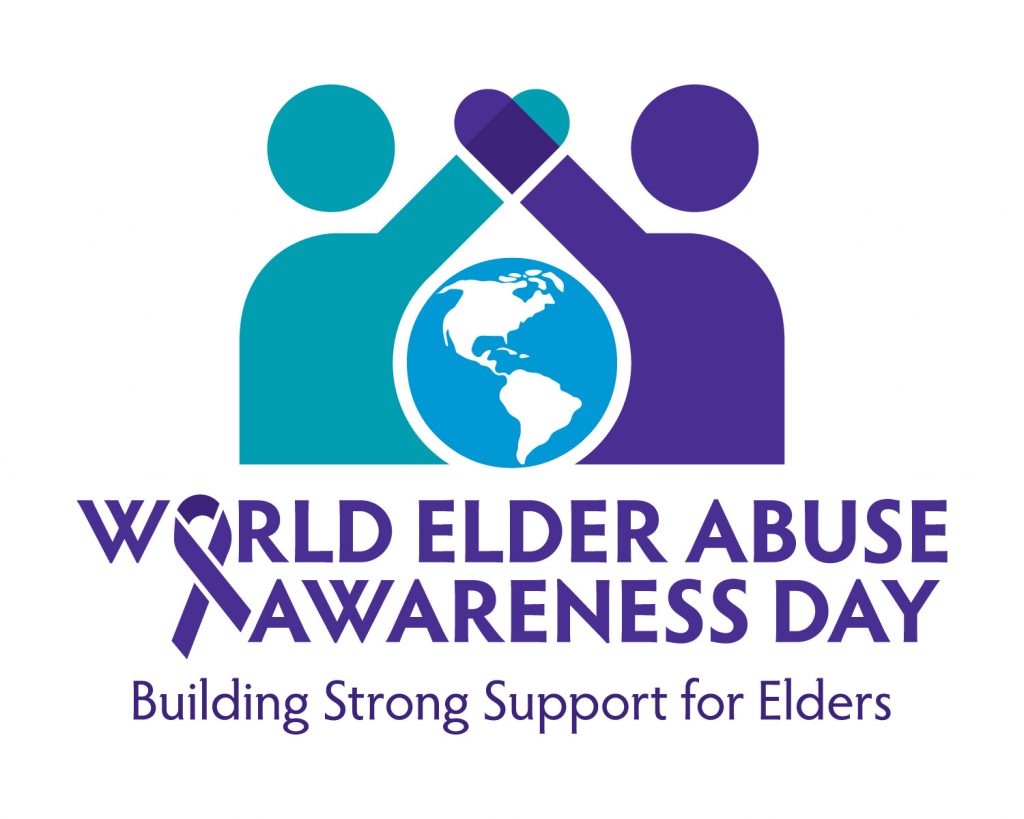In 2006, the inaugural World Elder Abuse Awareness Day (WEAAD) was launched by the International Network for the Prevention of Elder Abuse and the World Health Organization at the United Nations. This significant initiative aims to mobilize global communities in a collective effort to raise awareness about the pervasive issue of elder abuse.
WEAAD serves as a compelling call-to-action, urging communities to heighten awareness about the prevalence of abuse, neglect, and exploitation experienced by older individuals. It reaffirms our societal commitment to the fundamental principle of justice for all.
Through concerted community engagement, we can proactively prevent instances of elder abuse. By establishing robust support services and strategically allocating communal resources, we can fortify our societal framework to safeguard the rights and well-being of older citizens.
Despite being widely acknowledged, elder abuse remains vastly underreported. Statistics indicate that approximately 1 in 10 older Americans fall victim to abuse, neglect, or exploitation annually, with experts suggesting that the actual incidence rate may be substantially higher. A significant contributing factor to this underreporting is the absence of adequate social infrastructure to facilitate reporting mechanisms.
However, amidst these challenges lies opportunity. Through targeted policy initiatives and programmatic interventions, we can enhance the resilience of our social fabric to mitigate the risks of elder abuse. This encompasses initiatives like fostering intergenerational community spaces, optimizing transportation infrastructure to alleviate social isolation, and implementing comprehensive educational programs to equip families and professionals with the requisite tools to identify and address elder abuse.
By fortifying our social support structures, we not only mitigate the adverse effects of social isolation and elder abuse but also uphold our collective commitment to justice and equity. Let us endeavor collaboratively to cultivate an environment where every elder can age with dignity, security, and respect.

